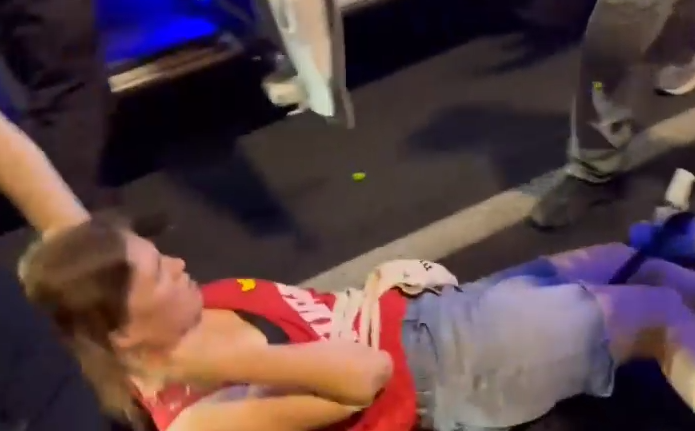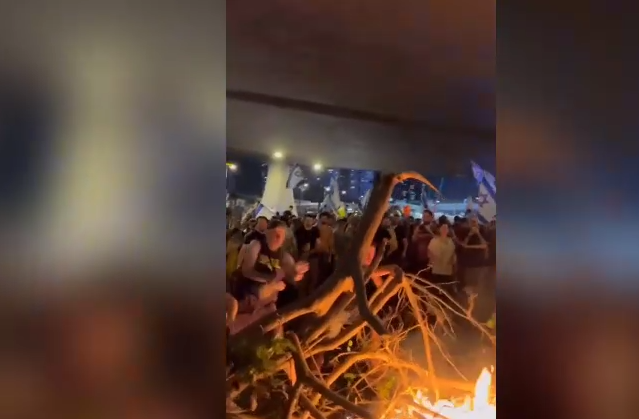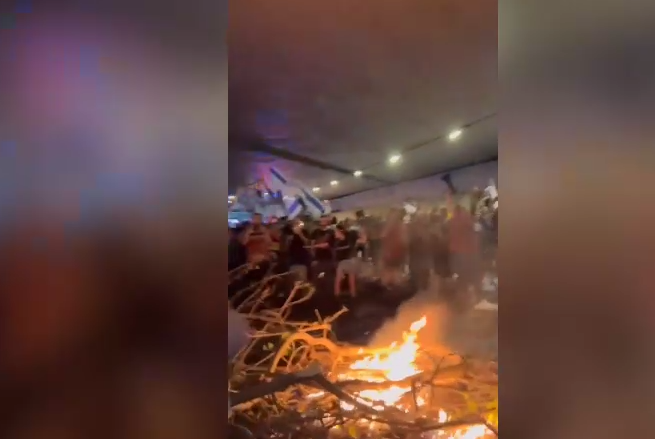Massive protests in Israel demand ceasefire deal, safe return of hostages
New Delhi, Sep 02: Hundreds of thousands of Israelis took to the streets of Tel Aviv, and other cities Sunday night, demanding a ceasefire deal.
The protests erupted after the bodies of six hostages held by Hamas in the Gaza Strip were recovered by Israeli forces, triggering a nationwide outrage over the failure of authorities to seal a ceasefire deal with Hamas.
The protests, which began on Sunday night, saw intermittent fights between demonstrators and anti-riot geared security forces, especially in Tel Aviv where crowds broke through police lines and blocked the Highway.

The demonstrations intensified as protesters accused Prime Minister Benjamin Netanyahu and his government of failing to secure the release of remaining hostages taken by Hamas during the October 7 attacks. This was perhaps the largest protest since the beginning of Israel's aggression on Gaza Strip nearly 11 months ago.
Israel's labour union, Histadrut, called for a nationwide general strike on Monday, appealing the government to prioritise a hostage deal. The strike has gained widespread support from public with municipal workers in Tel Aviv being encouraged by Mayor Ron Huldai to join as a sign of solidarity with the abductees and their families.

The bodies of the six hostages were found in an underground tunnel in the Rafah area of southern Gaza on Saturday. The Israel Defence Forces (IDF) reported that the hostages were killed shortly before troops reached them, which has fuelled public anger and demands for government accountability.
The Hostages Families Forum, representing the families of those still held in Gaza, condemned the delay in signing a ceasefire deal, attributing the deaths of the six hostages to the government's inaction as the forum intensified pressure on Netanyahu to reach an agreement.

Meanwhile, in the Occupied West Bank, the death toll from Israel's continuing raids rose to 26 as the Israeli siege on the Jenin refugee camp entered sixth day, leaving several Palestinian families without access to necessities such as food, water, power, and the internet.
The conflict has claimed over 40,530 lives in Gaza since October 7, according to the Gaza health ministry, while around 1200 people were killed in Israel during the initial Hamas-led attacks.
Despite calls for a ceasefire and de-escalation of armed tensions, the Israeli military has continued its strikes in southern Lebanon and across the besieged Gaza, killing tens and hundreds of Palestinians almost daily and increasing the rise of a regional war.